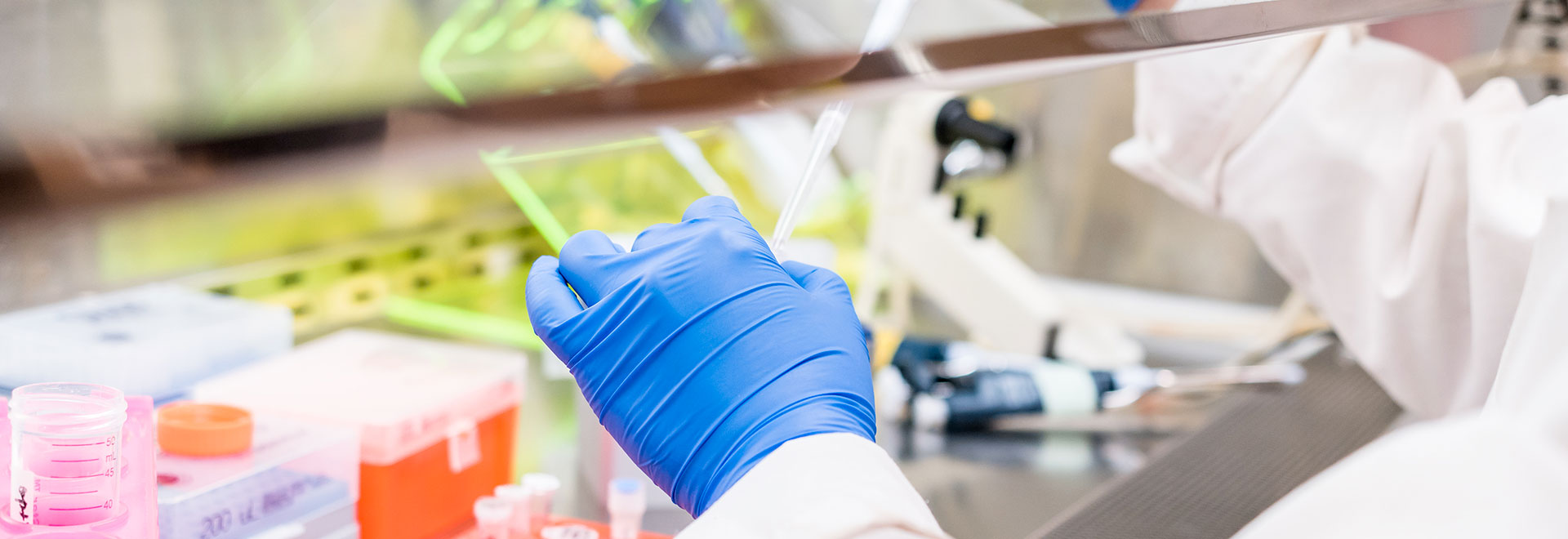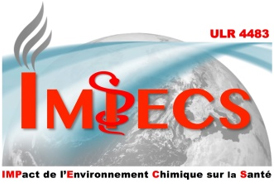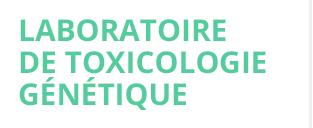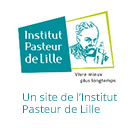Research Laboratory

The (applied) research conducted by the Genetic Toxicology laboratory has constantly nourished its expertise and represents a showcase of its know-how through its scientific communications (publications, posters, etc.) in particular. The Genetic Toxicology Laboratory has participated in numerous research programmes at regional, national and European level. In 2018, the laboratory was involved in up to 9 parallel projects. The laboratory is continually sought after for its expertise in genotoxicity, among other things.
Genetic toxicology is a transversal science that contributes to addressing many public health issues and generates results that are essential for health risk assessment. As a result, the laboratory’s research topics are now divided into three main areas:
- the study of the mechanisms of the genotoxic action of air contaminants targeted on respiratory health (due to the laboratory’s affiliation with ULR4483);
- the study of the impact of air pollution on health (through the Pollution, Health and Longevity Division);
- translational research (through participation in multidisciplinary projects on different topics: endocrine disruption, food packaging safety, etc.).
ULR 4483-ULR 4483-IMPECS – Research Unit, University of Lille
The Genetic Toxicology Laboratory of the Pasteur Lille Institute is affiliated to the ULR 4483-IMPECS (IMPact of the Chemical Environment on Health) Research Unit of the University of Lille. The scientific project of ULR 4483 aims to better understand the reactional complexity of tissues exposed to environmental chemicals, to explain the inequalities of individuals with respect to these substances, to better understand the levels of risk and, consequently, to better predict and prevent the impact of the chemical environment on human health. Indeed, the medical, social and economic consequences of exposure to xenobiotics pose a real public health problem, particularly in our region, and are a major concern for public authorities, health actors and industrialists in many sectors. The research activities of ULR 4483 are divided into 3 complementary groups with a single transdisciplinary theme devoted to the study of the impact of targeted air contaminants on respiratory health. The Genetic Toxicology Laboratory is attached to the ‘Cellular and molecular mechanisms involved in the pathogenicity of xenobiotics’ group, whose work consists of analysing the in vitro and in vivo mechanisms of the toxic and genotoxic actions of xenobiotics, as well as certain molecular and cellular mechanisms involved in the pathogenesis of diseases with an environmental component, and more particularly in pulmonary carcinogenesis. The aim is to identify genetic, epigenetic, physiological or environmental factors to explain the inequality of individuals in relation to the chemical environment..

Research projects
FREEDOM Project
In vitro effects of mixtures representative of dietary exposure to endocrine disruptors
More information
3D-IVMA Procjet
Proliferative human hepatocyte spheroids: an innovative in vitro tool for the evaluation of hepatic mutagenesis
More information
PACKSAFE Project
Integrated chemical safety assessment of food contact articles
More information
Heated Tobacco Project
Assessment of the carcinogenic potential of heated tobacco emissions
More information
SOFTGLUE Project
A painless ‘glue’ closure for tissues, development of a non-toxic “soft glue”.
More information

